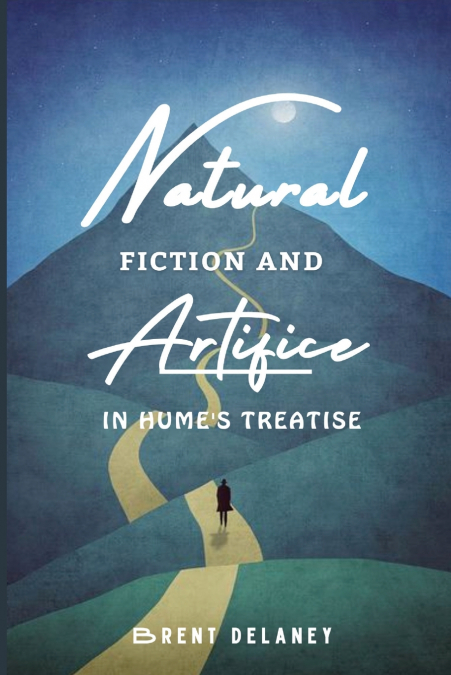
Brent Delaney
In the first seven sections of A Treatise of Human Nature, David Hume establishes the foundation of his philosophy. The most basic tenet is that 'all the perceptions of the human mind resolve themselves into two distinct kinds' (T 1.1.1.1; SBN 1). The first kind is impressions, namely, 'our 1 sensations, passions and emotions, as they make their first appearance in the soul' (T 1.1.1.1; SBN 1). The second kind is ideas, which are faint images of impressions we use in thinking and reasoning (T 1.1.1.1; SBN 1). Impressions and ideas constitute the whole of Hume’s ontological framework. Beyond that, Hume remains agnostic to the possibility of other ontological entities. That is, he adopts the view that manifold causes 'must be resolv’d into original qualities of human nature,' which he cannot pretend to explain (T 1.1.4.6; SBN 13). The ontology of these original qualities may be actual, but Hume prudently leaves the investigation to those best suited to it, namely, the natural philosophers and anatomists. Metaphysicians, to that end, must observe the limits of philosophical inquiry.